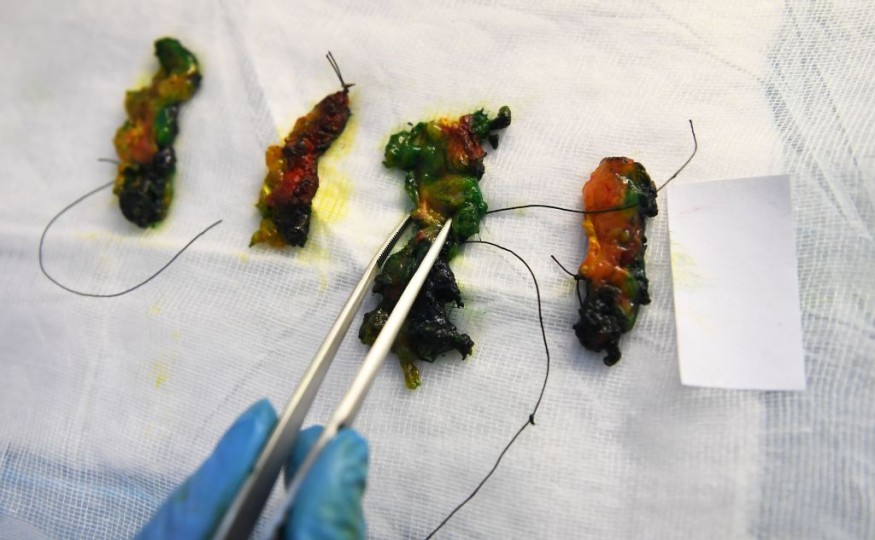Male breast cancer was previously considered to be almost non-existent, as the notorious disease frequently affects women, which could prove to be fatal in some cases.
However, researchers from the UK recently found infertile men are at greater risk of developing breast cancer, confirming previous evidence regarding the link between infertility and the disease, which struggled to be seen due to the limited size of studies.
In a ground-breaking finding, the scientists conducted the study in England and Wales using a quantitative approach and statistical method on the subject matter, spanning more than a decade worth of data, including information on infertility and offspring among males.
Breast cancer has been responsible for the deaths of a number of women worldwide, particularly for those who suffered the late stages of the disease if left unchecked and treated.
While malignant tumors are deadly, they can be prevented, as claimed by healthcare industries.
Male Infertility

In the new paper published in the journal Breast Cancer Research on Tuesday, May 17, scientists have explored the limited body of knowledge when it comes to the connection between male infertility and male breast cancer.
The study highlights those infertile men are reportedly twice as likely to develop the disease as healthy men with no fertility problems.
Described as the inability to make offspring, male infertility pertains to the relative sperm count number.
As opposed to impotence or erectile dysfunction, infertility among men are those who are capable of sexual intercourse but are unable to father a child due to their low sperm amount.
Over a 12-year period, scientists from The Institute of Cancer Research (ICR) in London assessed 1,998 men who were newly diagnosed with breast cancer in England and Wales, as part of a national-case control study.
In a media release by the ICR on Tuesday, Dr. Michael Jones, the study's lead author from the ICR, stated the findings connecting infertility to breast cancer in men are important.
The reason behind it is still unclear but there is a need to investigate the role of male fertility hormones in male breast cancer, Jones added.
Jones is a senior staff scientist at the ICR's genetics and epidemiology department.
Also Read : Early Breast Cancer Detected with Urine
Male Breast Cancer
Based on the ICR's study, approximately 370 men are diagnosed with breast cancer across the UK each year.
Due to the rarity of breast cancer in men, research into the topic is only limited to a small number of sample data.
The Centers for Disease Control and Prevention (CDC) confirmed the scientific claim that breast cancer both affects men and women, with the latter being the most often.
In the United States, the CDC estimates that 1 out of every 100 breast cancer diagnoses is found in a man.
In addition, the Breast Cancer Research Foundation (BCRF) cited a report by the American Cancer Society (ACS), stating more than 2,700 men are diagnosed with the disease each year and around 530 men die from it.
The CDC mentioned the most common types of breast cancer for both men and women are: invasive ductal carcinoma, invasive lobular carcinoma, and ductal carcinoma in situ.
Furthermore, the following are the most typical indicators of breast cancer symptoms:
- Swelling or lump in the breast
- Redness of the breast skin
- Irritation or itchiness of the breast skin
- Nipple discharge
- Nipple pain
Just like other malignant tumors (cancerous), there is currently no known cure for breast cancer.
So far, early detection of the human breast through mammography or mammogram is one of the measures to determine whether a person has breast cancer or not.
© 2025 NatureWorldNews.com All rights reserved. Do not reproduce without permission.





